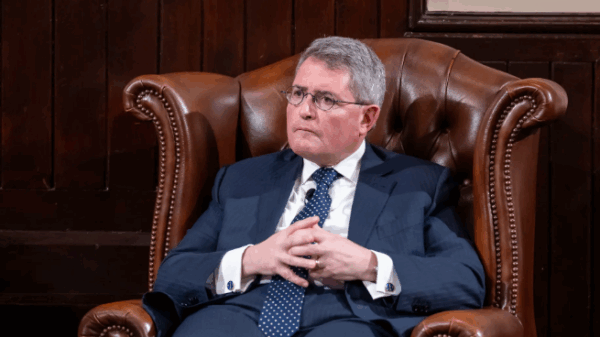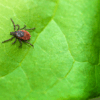On his first day back in office, President Donald Trump imposed a sweeping 90-day freeze on nearly all U.S. foreign aid, with only a few exceptions for military assistance to Egypt and Israel and emergency food aid. The move, described as a “stop-work order,” had immediate and devastating consequences for global health programs.
Immediate Impact on Critical Health Services
The sudden funding halt forced HIV clinics worldwide, supported by the U.S. President’s Emergency Plan for AIDS Relief (PEPFAR), to cancel appointments and turn away patients. PEPFAR, a highly successful initiative launched by President George W. Bush, has saved over 25 million lives since its inception. The freeze also led to mass layoffs in the President’s Malaria Initiative, the world’s largest funder of malaria control programs.
In Gaza, Sudan, and Syria, humanitarian programs providing clean water, cholera treatment, and oxygen supplies were abruptly shut down. Patients at U.S.-funded hospitals in low-income countries were sent home without treatment, including 60 patients from a refugee camp hospital on the Thai-Myanmar border.
One patient with tuberculosis, who was discharged with only a week’s supply of medicine, told The New York Times:
“It feels like one easy decision by the U.S. president is quietly killing so many lives.”
Confusion Over Emergency HIV Waiver
As reports emerged of HIV patients being denied life-saving antiretroviral drugs, Secretary of State Marco Rubio announced an emergency waiver to allow some HIV treatment funding to continue. However, health workers on the ground reported that the waiver’s vague wording led to continued service disruptions, as many clinics remained uncertain about whether they could resume operations.
On February 1, 2025, the State Department clarified that the waiver covers HIV treatment and prevention for mother-to-child transmission but not other essential prevention services. Experts warn that these narrow and temporary waivers fail to address the widespread damage caused by the freeze.
Lessons from Past Aid Withdrawals
Health experts caution that sudden cuts to global health funding have historically triggered disease resurgences. When international donors abruptly withdrew HIV prevention funding from Romania in 2010, the country saw HIV rates among people who inject drugs skyrocket from 1.1% to 6.9% within three years.
Similarly, a 2012 study on malaria found that nearly 91% of resurgence events across 61 countries were caused by disruptions in funding. Experts warn that Trump’s decision could lead to a deadly backslide in global efforts to combat HIV, malaria, tuberculosis, and other infectious diseases.
Global Outcry and Calls for Reversal
The aid freeze has sparked international criticism, with humanitarian organizations warning of catastrophic consequences. In Uganda, health workers estimate that about 40 newborns per day contracted HIV when U.S. funding for antiretroviral drugs was halted. Experts also fear that interrupted HIV treatment could accelerate the rise of drug-resistant strains, making future treatment more expensive and less effective.
Despite growing pressure, the Trump administration has not indicated whether it will reverse or modify the aid freeze. Health experts stress that careful, long-term planning—not sudden funding cuts—is the only way to transition low-income countries away from foreign aid without putting millions of lives at risk.








































